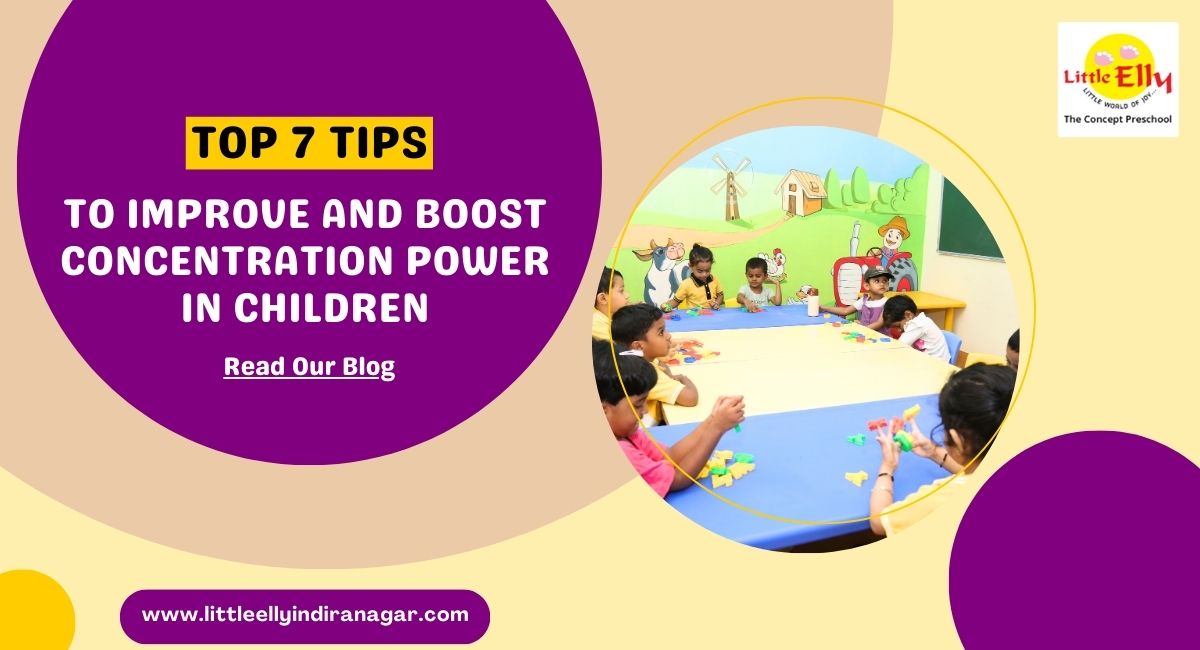Why Sleep and Rest Are Essential for School Children’s Growth and Learning

Table of content
1.Introduction
2.The Connection Between Sleep and Learning
3.Benefits of Quality Sleep for Development
4.Establishing a Healthy Sleep Routine
5.Physical Health and Sleep for Growing Kids
6.Consequences of Sleep Deprivation
7.Tips for Promoting Better Sleep at Home
8.Role of Schools in Supporting Healthy Sleep Habits
9.Importance of Sleep for Preschoolers
10.Conclusion
Introduction
In today’s fast-paced, competitive world, it’s easy to underestimate the value of sleep for children. With school, homework, extracurriculars, and even screen time, a good night’s sleep often gets sidelined. However, rest and sleep for school children are not just about getting through the next day. Sleep plays a huge role in their mental, physical, and emotional growth. Whether your child is in nursery or high school, understanding the importance of rest is key to helping them succeed.
Why Sleep Matters for Children
Sleep isn’t just a break from the day’s activities. For children, it’s a time for growth and development. During sleep, children’s bodies and brains are incredibly active. Important processes occur, such as cell repair, growth, and memory consolidation. In fact, sleep directly impacts learning, as the brain reviews and stores information from the day, which helps with academic performance and sleep benefits.
Children who sleep well wake up more alert, focused, and ready to tackle the challenges of the day. They’re more likely to have healthy sleep habits for students that foster concentration, energy, and positive attitudes. This connection between sleep and success is even more evident in preschoolers and nursery-aged children, who are just starting to develop essential skills and habits.
Benefits of Sleep for Learning and Development
When it comes to learning, sleep is a powerful tool. A well-rested child can absorb new information more easily, which is crucial for academic success. Studies show that sleep’s impact on memory and learning in kids is profound. For children enrolled in the best nursery schools in Indiranagar or the best preschool in Indiranagar, the support of good sleep makes their learning experiences much more effective.
Here’s how sleep benefits their education and development:
1.Better Memory Retention: During sleep, the brain organizes information gathered throughout the day. This process of memory consolidation helps children remember what they learned.
2.Improved Focus: A well-rested child has a sharper focus and can better control their impulses, making it easier to follow instructions in class.
3.Enhanced Problem-Solving Skills: Good sleep helps children approach tasks and solve problems more effectively.
4.Physical Growth: Growth hormone, essential for development, is mostly released during deep sleep stages. This is especially vital for young children in nursery and preschool.
Establishing Healthy Sleep Routines
One of the most effective ways to ensure children get enough sleep is by establishing a regular sleep routine. Just as nursery school admission in Indiranagar encourages structured routines for children, a regular bedtime helps them wind down and prepares their minds and bodies for rest.
A good sleep routine might include:
Setting a Fixed Bedtime and Wake-Up Time: Even on weekends, having a consistent schedule helps regulate a child’s internal clock.
Limiting Screen Time: Reducing exposure to screens an hour before bed can help children relax.
Creating a Calm Environment: A dark, quiet room with comfortable bedding can help children fall asleep faster.
Encouraging Calming Activities: Reading a book, listening to soft music, or gentle stretching can help signal that it’s time to sleep.
The Consequences of Sleep Deprivation
When children don’t get enough sleep, the effects are noticeable. Lack of sleep can lead to irritability, difficulty concentrating, and even physical health issues. For preschoolers, poor sleep can interfere with their natural growth cycles, affecting their overall development. Children who experience sleep deprivation are also at a greater risk of developing attention and behaviour issues in school.
In schools like the best nursery schools in Indiranagar, where children learn and play together, being well-rested makes a noticeable difference in behaviour and cooperation with peers and teachers. Poor sleep can disrupt this, leading to difficulties in social interactions and emotional management.
Physical Health and Sleep
Beyond mental and academic performance, sleep is essential for physical health. For young children, sleep directly impacts their growth, immune system, and weight regulation. During deep sleep stages, the body releases growth hormones, which aid in muscle and tissue repair—an essential function for children. When children have adequate rest, their immune systems are stronger, reducing the likelihood of illnesses.
Poor sleep patterns are associated with an increased risk of obesity, as sleep regulates the hormones that control hunger. It’s no surprise that the importance of sleep for children goes beyond the classroom, benefiting their physical health as well.
Tips to Encourage Better Sleep
Ensuring children get enough rest can be challenging, especially with today’s busy schedules and distractions. However, there are several strategies parents and educators can use to help children sleep well:
1.Encourage Physical Activity: Regular physical activity during the day can make it easier for children to wind down at night.
2.Create a Relaxing Evening Routine: Bedtime routines, like reading or a warm bath, can signal the body that it’s time for sleep.
3.Minimize Sugar and Caffeine: Limiting sugary snacks and drinks, especially in the evening, helps prevent children from becoming overly energetic.
4.Set Boundaries on Screen Time: Reducing screen time an hour before bed is crucial, as screen exposure can delay sleep onset.
Supporting Sleep in Educational Environments
Schools can also play a significant role in promoting good sleep habits. Educators at top schools, like preschools in Indiranagar, understand that well-rested students are more engaged and perform better academically. Schools can foster healthy sleep by:
Educating Parents on Sleep’s Role in Learning: Schools can provide information sessions or resources to help parents understand the importance of sleep.
Encouraging Rest Periods: Incorporating rest times or quiet periods into the school day can help younger children recharge.
Recognizing Sleep-Related Issues: Teachers can look for signs of sleep deprivation and inform parents if a child appears to be consistently tired.
The Importance of Rest and Sleep for Preschoolers
Preschoolers need ample sleep to develop and thrive. In the best preschool in Indiranagar, the value of rest and structured routines is evident. Young children who get enough sleep have more energy for play, exploration, and learning. By making rest a priority, preschools can support children’s natural development cycles, allowing them to grow in a nurturing environment.
Moreover, a calm and restful sleep environment at school, combined with good habits at home, sets the foundation for healthy sleep patterns that children can carry through their academic journey and beyond.
Conclusion
In conclusion, sleep is an essential part of a child’s routine, playing a crucial role in their academic performance and sleep benefits for personal growth. Parents, schools, and communities should work together to ensure children receive the quality sleep they need. From structured routines to healthy sleep environments, the importance of sleep for children in today’s world is undeniable. Schools and parents alike have a role in supporting healthy habits that will help children succeed academically and maintain good health.
If we prioritize rest and sleep for school children, we lay the groundwork for brighter, healthier futures. By ensuring our young ones have the rest they need, we allow them to reach their full potential both inside and outside the classroom.
For more insights on childhood development, check out this guide on why preschool is good for your child.
















